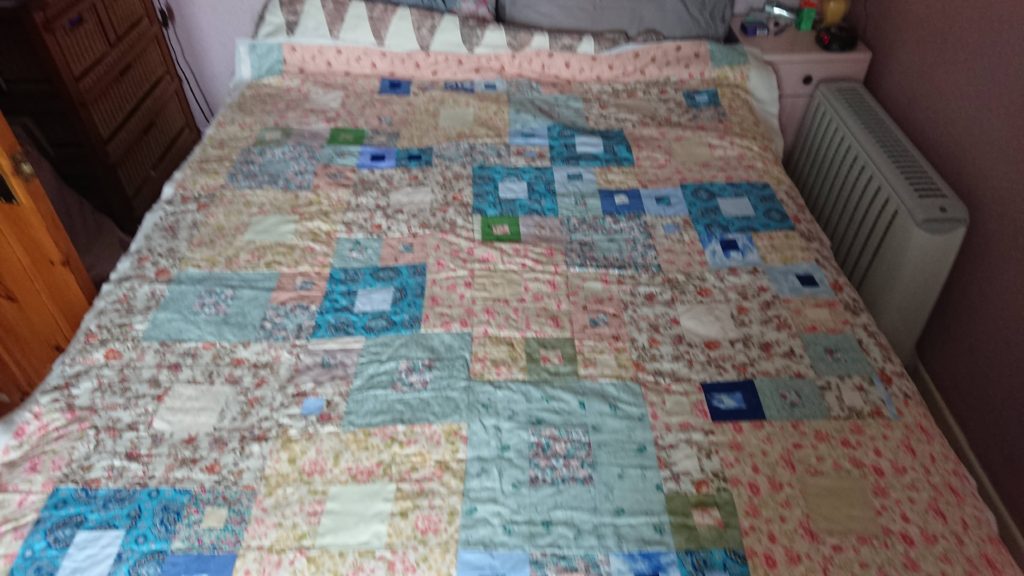Dear Benedict,
In chapter 21 you give your attention to sleep. I do so now in my letter to you. Sleep is important, vital.
In your day, ordinary people would have expected little private space, if any, in which to sleep. Families bedded down together and if you worked as a servant for a richer family, then servants would have shared sleeping space. But you say ‘each sleeps in their own bed’. An early attempt at safe-guarding? Hard to say. The concept is still a relatively new one to us even. But it’s a timely piece of advice.
Of course even today not everyone has the space to sleep alone. Homeless and on the streets, it’s warmer in a doorway with a dog and a companion or two. Under a leaking tarpaulin trying to cross Europe as a refugee, people take shelter where they can. Even in Britain today not everyone gets to sleep in their own bed.
For those who can choose, private space for sleeping has become the norm. Shared dormitories of the type you describe are much less welcome. But a small room with a closed door could be more dangerous than an open room with many beds. Our understandings of consent are challenged all of the time. We must wake up to that, at least!
But sleep is important if you are going to get up early to sing and pray the offices. Proper sleeping arrangements are therefore vital. Yet too often we, who have these basics, seek to deny them to others, pushing out those who seek asylum, for example, to sleep in places we have long since abandoned or consider inappropriate now, like disused barracks. When hotels or B and B’s are used for people claiming benefits we decry the luxury, even when the places themselves are far from luxurious. When the un-imprisoned learn prisoners have televisions in their cells they are incensed. All this seems to be the response of the fearful who live wondering if their flimsy security could be stripped away.

You knew that a bed would help a person feel valued, give them a place. Well slept monastics could better serve the community to which they belonged. We could learn this too. Giving people beds is not a luxury; it just helps them sleep and wake up better able to contribute.
From the remembered bible: I lay down and sleep in safety.
Let me sleep!
From a Friend of Scholastica and a Member of the Lay community of St Benedict.
